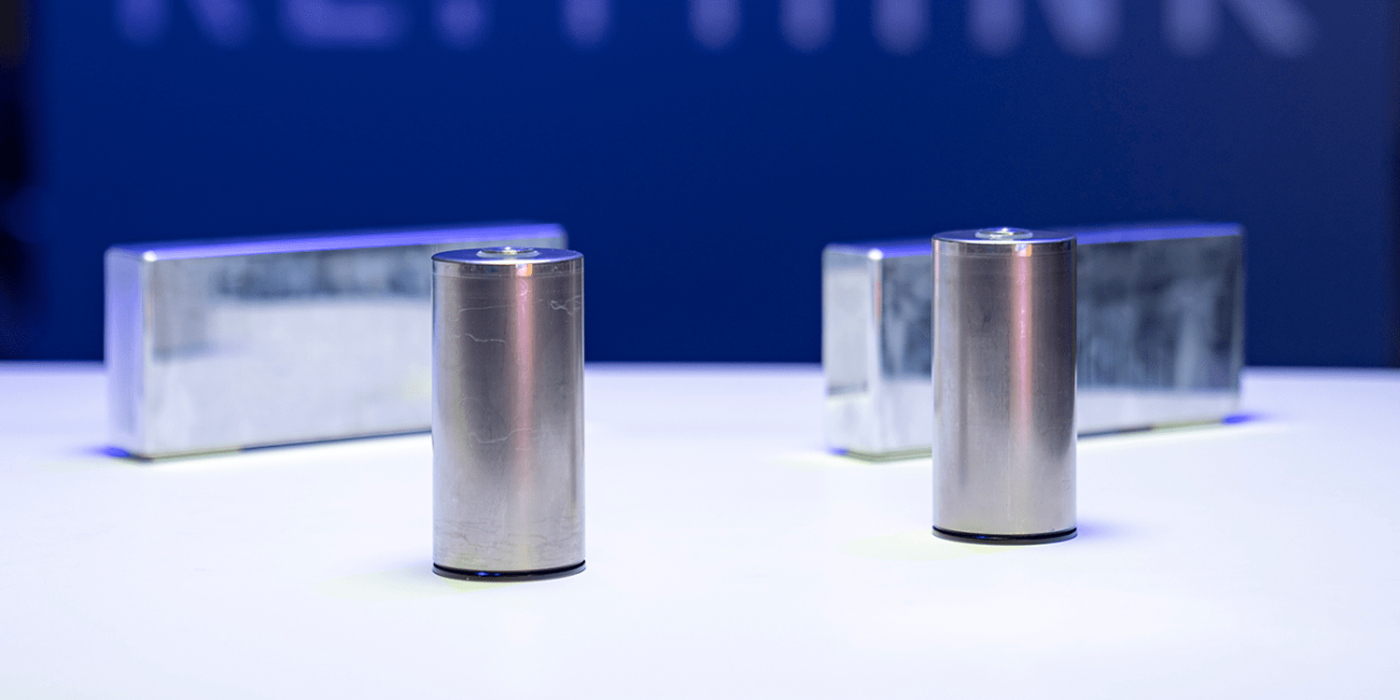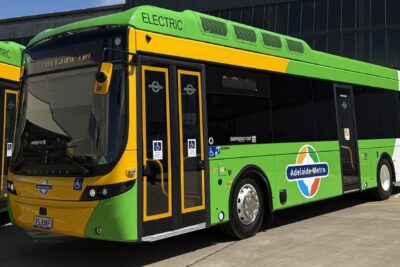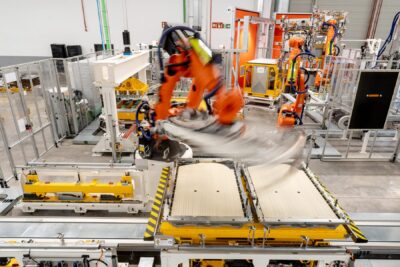Samsung SDI plans to produce cylindrical battery cells in Hungary
Samsung SDI is considering building a new battery cell factory in Hungary, according to Korean media. The plant is to supply BMW exclusively with round cells for the New Class electric cars and is to be built near Samsung SDI’s existing two battery factories in Göd.
BMW is currently building an electric car plant in Debrecen, Hungary, where series production for the first all-electric New Class vehicle will start in 2025, flanked by a battery assembly line. CATL and Eve Energy, as well as Envision AESC, have so far been confirmed as suppliers of the round cells for the New Class vehicles that will roll off the production lines in Europe, China and the USA. Samsung SDI already supplies battery cells to BMW, but has not yet been officially confirmed as a supplier for the new round cells. However, Samsung SDI is indeed developing such cells.
According to Business Korea, Samsung SDI in Hungary is considering setting up a joint venture for batteries with BMW. However, it would come as a surprise if the trio of suppliers actually became a quartet. In September, the Munich-based carmaker had officially announced that it would have the round cells for the New Class explicitly produced by three partners in a total of six factories. Through the partnerships, BMW wants to buy the battery cells where the production takes place (“local for local”).
In the USA, Envision AESC in South Carolina is to pull the strings. Eve Energy is currently expanding its production capacities in China, for example in Chengdu, Yuxi and Jingmen, so that a China focus is emerging with Eve. In August 2022, CATL announced the construction of a 100 GWh battery cell factory in Debrecen, Hungary, for European car manufacturers, and it stands to reason that, in addition to the confirmed major customer Mercedes-Benz, BMW will also be supplied from the factory. Eve Energy has also been linked to Debrecen – according to reports from the end of March 2022, Eve Energy signed a non-binding letter of intent with the local municipality to acquire 45 hectares in an industrial area in order to build a plant for the production of cylindrical cells there. Since then, however, nothing more has been heard of it.
In recent months there have been growing indications that BMW might change its battery strategy and switch to round cells. In November, the manufacturer clarified the situation: As previously leaked, the new round cells for the New Class will have a uniform diameter of 46 millimetres and different heights (format: 46XX). There will be two different heights (although BMW does not give any concrete millimetre specifications) and the module level will be omitted during installation. The round cells are “flexibly integrated into the installation space in a space-saving manner”. The storage system will play a supporting role in the body structure. In technical jargon, this battery concept is called “pack-to-open-body”. Samsung SDI is already developing such battery cells.
In the current generation of electric vehicles, the Munich company still relies on prismatic cells from suppliers such as CATL and Samsung SDI – for example in the i4, iX and i7. According to the manufacturer, the new round cells will “increase the energy density by more than 20 per cent, increase the charging speed by up to 30 per cent and improve the range by up to 30 per cent”.




